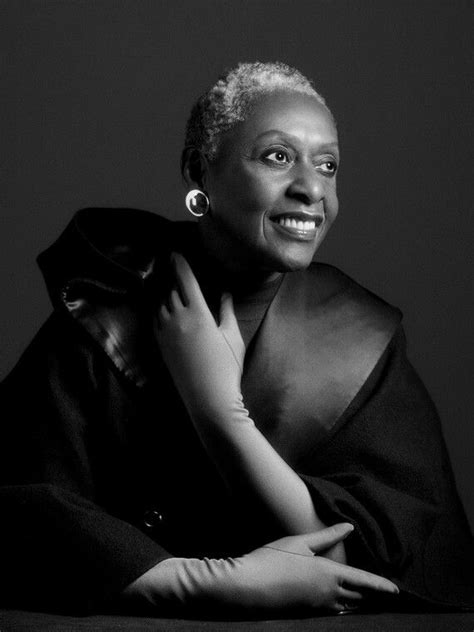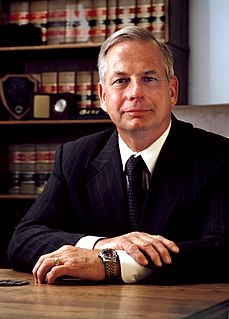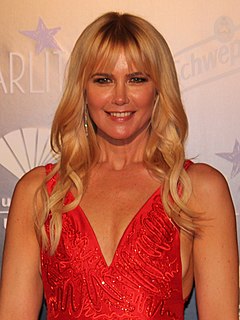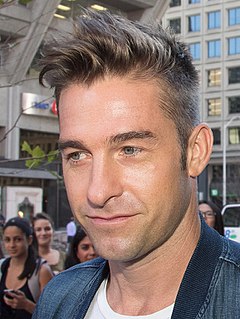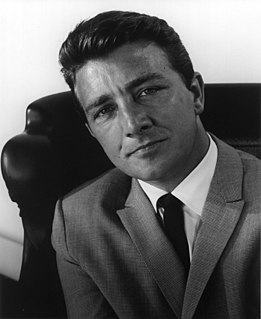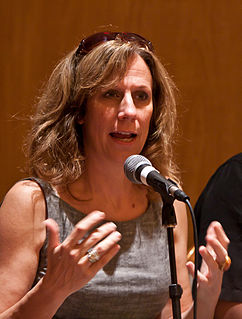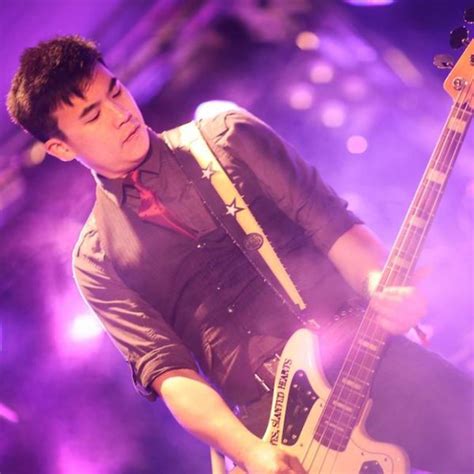A Quote by Bethann Hardison
I'd only started noticing that something had gone wrong when I got a call from Naomi [Campbell], she called me and said, "You gotta do something about it, it's really bad, they're not using any models of color."
Related Quotes
I see in the FBI 302, which was put out on Memorial Day weekend in print about this big where you needed to use a magnifying glass to read it, but I read it twice, I saw something that really concerned me.It said Hillary Clinton can't remember her exit interview from the CIA because she had no memory for a period of time after she had a concussion. She was secretary of state when she had no memory. Now there's something really seriously wrong with it.
There's actually a time when I got cast in something and it was announced that someone else was cast. I hadn't been told yet if I had the role and I had a breakdown because I really wanted it and it was announced on this website that this other girl had gotten it. I was so sad and called my agents and said, "You guys didn't tell me this other person got the role!" They were like, "No, they haven't decided yet." Then two hours later I got the call that said I had the role.
I did have a constituent four or five years ago - she never liked me. So, she called, I returned her call, and she was complaining about something, and she said: 'And why do you always use green? I think it's narcissistic.' And I said, 'Well, ma'am, everyone has to have a gimmick, and that's my gimmick.'
And I asked my mother about it; I said, 'Is there something wrong?' She said, 'God... God makes people. You understand that, don't you?' And I said, 'Yeah!' She said, 'Who makes a rainbow?" I said, 'God.' She said, 'I never presumed to tell anyone who could make a rainbow what color to make children.'
Unless you can point to something that I have done or said that has changed the course of the public opinion in a negative way, you've got to check yourself sometimes and say, "Maybe I don't like the way that this thing is said, but it's expanding tolerance." If I said something that was shutting down something that was positive, call me out, but I don't really see me doing that.
It wasn't about how she looked, which was pretty, even though she was always wearing the wrong clothes and those beat-up sneakers. It wasn't about what she said in class--usually something no one else would've thought of, and if they had, something they wouldn't have dared to say. It wasn't that she was different from all the other girls at Jackson. That was obvious. It was that she made me realize how much I was just like the rest of them, even if I wanted to pretend I wasn't.
The mythology around colorblindness leads people to imagine that if poor kids of color are failing or getting locked up in large numbers, it must be something wrong with them. It leads young kids of color to look around and say: "There must be something wrong with me, there must be something wrong with us. Is there something inherent, something different about me, about us as a people, that leads us to fail so often, that leads us to live in these miserable conditions, that leads us to go in and out of prison?"
Why isn't Tilda Swinton on the covers of tons of magazines? Well, she's not that. It isn't her thing. But I don't know. I think that suddenly a time came when models, after the Linda Evangelista crowd, and Naomi Campbell and Christy Turlington, when the models for me became a bit bland. But I think more than that, the culture changed. The movies, television, music, and all of those things - those people were more visual and therefore more interesting.
She didn't give George any too easy a time when she was alive. She was one of those semi-invalids – I believe she had really something wrong with her, but whatever it was she played it for all it was worth. She was capricious, exacting, unreasonable. She complained from morning to night. George was expected to wait on her, hand and foot and everything he did was always wrong and he got cursed for it. Most men, I'm fully convinced, would have hit her with a hatchet long ago.
I started asking friends, my white friends around, I said, "What's something that you think all Asians have in common?" They almost always immediately said, "Slanted eyes." I thought that's really interesting. No. 1, it simply isn't true. Not all Asian Americans have slanted eyes, and of course, Asians aren't the only ethnic identities to have them. No. 2, we could talk about our slant on life and what it's like to be people of color, while at the same time, using this outdated and obscure racial slur, and turning it on its head.
